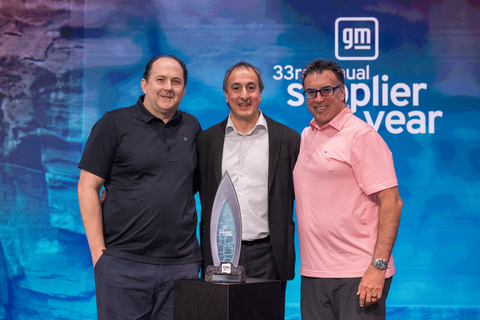
After its success in commercially developing a hi-tech pressure sensor system, Thai Microelectronic Centre (TMEC) is taking its next step – kick starting Thailand’s metamorphosis into a chip-fabrication base for car-electronics manufacturers.
With Thailand envisioning itself as the “Detroit of Asia”, TMEC will focus its expertise and facilities to operate in support of the automotive-electronics industry in particular. It will develop, design and fabricate chips for commercial use, with an aim to coaxing car electronics manufacturers to let it fabricate their chips at its fabrication and service facility.
The centre is currently in discussions with a major car electronics manufacturer, which designs chips in Japan, fabricates chips in China and sends them to Thailand for packaging, said Itti Rittaporn, TMEC’s director.
“Instead of fabricating in China, they can fabricate and package here in this country all at once. This would not only help reduce costs, but also increase [Thailand’s] value all together,” he said.
While working to turn Thailand into a chip-fabrication centre, TMEC also plans encourage universities to use its development and fabrication facility to create graduates skilled in chip design to support the industry.
He said that students who design chips could send their developments to TMEC and fabricate their chips at the centre.
In a bid to prove its capability in design and fabrication and showcase its development on a six-inch wafer using 0.8-micron technology, the centre has developed the so-called “melody chip” and a “stepping motor controller”.
Itti said the melody chip could be programmed with music. Selected music is programmed for storage in ROM (read only memory), a memory chip that permanently stores instructions and data. Stand-alone ROM chips and ROM banks in micro-controller chips are used to control routines for a myriad of applications.
He said that the melody chip was chosen as a showcase item because it is simple, yet has great potential. The chips can be used in toys, singing postcards and any other applications that require voice or music.
“There are three steps in producing chips, starting with processing, design and then commercial design. The development of the melody chip combined the first two steps. This shows that Thailand is now ready for commercial design,” he said.













More Stories
Bridging Tech and Transport: The Power of Mobility Engineering
The Importance Of Quality Suppliers For Your Automotive Business
Enhancing Your Pickup Truck’s Exterior: Tips for Lasting Customization